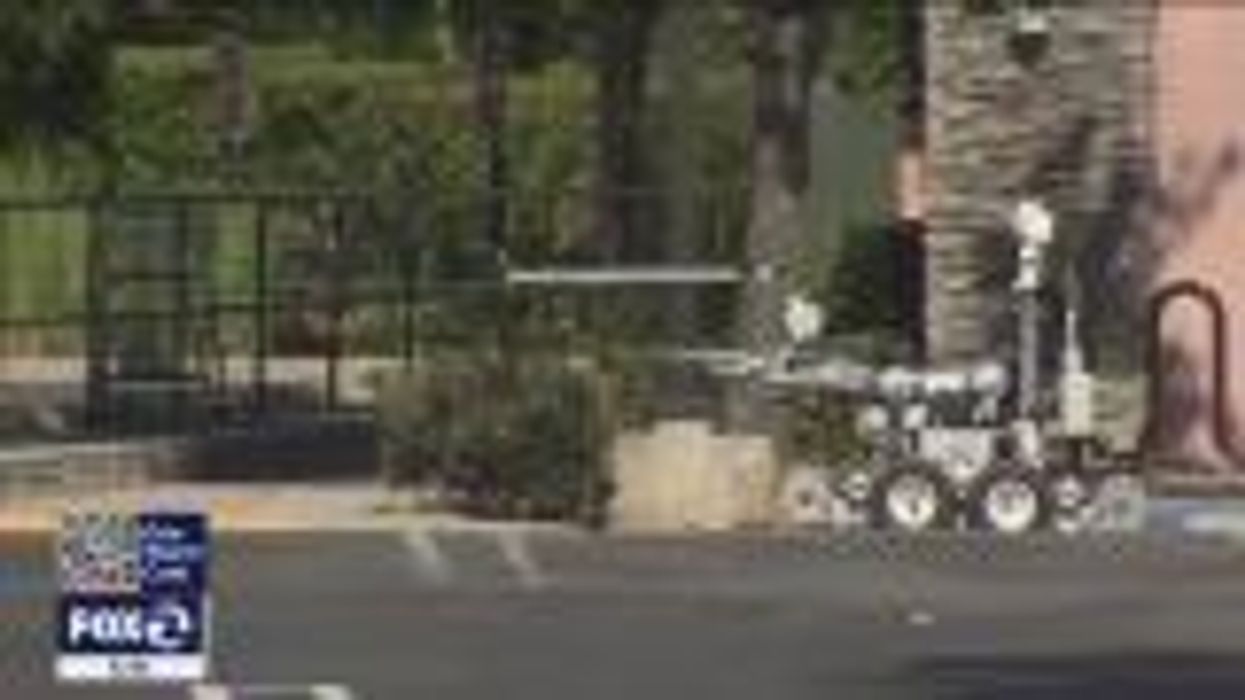Becca Monaghan
Nov 30, 2022
SF police ask for permission to use robots that could kill people
content.jwplatform.com
Researchers at Massachusetts Institute of Technology (MIT) have been creating tiny robots that can build structures, vehicles – and even self-replicate larger versions of themselves.
The component, developed at MIT's Centre for Bits and Atoms, is called a voxel and is capable of carrying power and data. The robotic subunits can self-assemble into a rudimentary robot, and then collect more voxels to assemble larger structures or even more robots.
"When we’re building these structures, you have to build in intelligence," MIT Professor and CBA Director Neil Gershenfeld said in a statement. "What emerged was the idea of structural electronics — of making voxels that transmit power and data as well as force."
"It could build a structure, or it could build another robot of the same size, or it could build a bigger robot," CBA doctoral student Amira Abdel-Rahman said.
Sign up to our free Indy100 weekly newsletter
Assembler robots could eventually build almost anythingwww.youtube.com
According to Gershenfeld, while the research is promising, we won't see self-replicating robots for many years.
The researchers, who published a paper laying out their findings in Nature, are working with the aviation industry, car companies, and NASA on the new technology.
Meanwhile, over in San Francisco, a board of supervisors voted on whether police-controlled robots should be allowed to use deadly force.
A draft policy sent to the board says: "Robots shall not be used as a Use of Force against any person.
But an alternative draft has been submitted by police with that line crossed out and replaced with: “Robots will only be used as a deadly force option when risk of loss of life to members of the public or officers are imminent and outweigh any other force option available to the SFPD."
Have your say in our news democracy. Click the upvote icon at the top of the page to help raise this article through the indy100 rankings.
Top 100
The Conversation (0)














